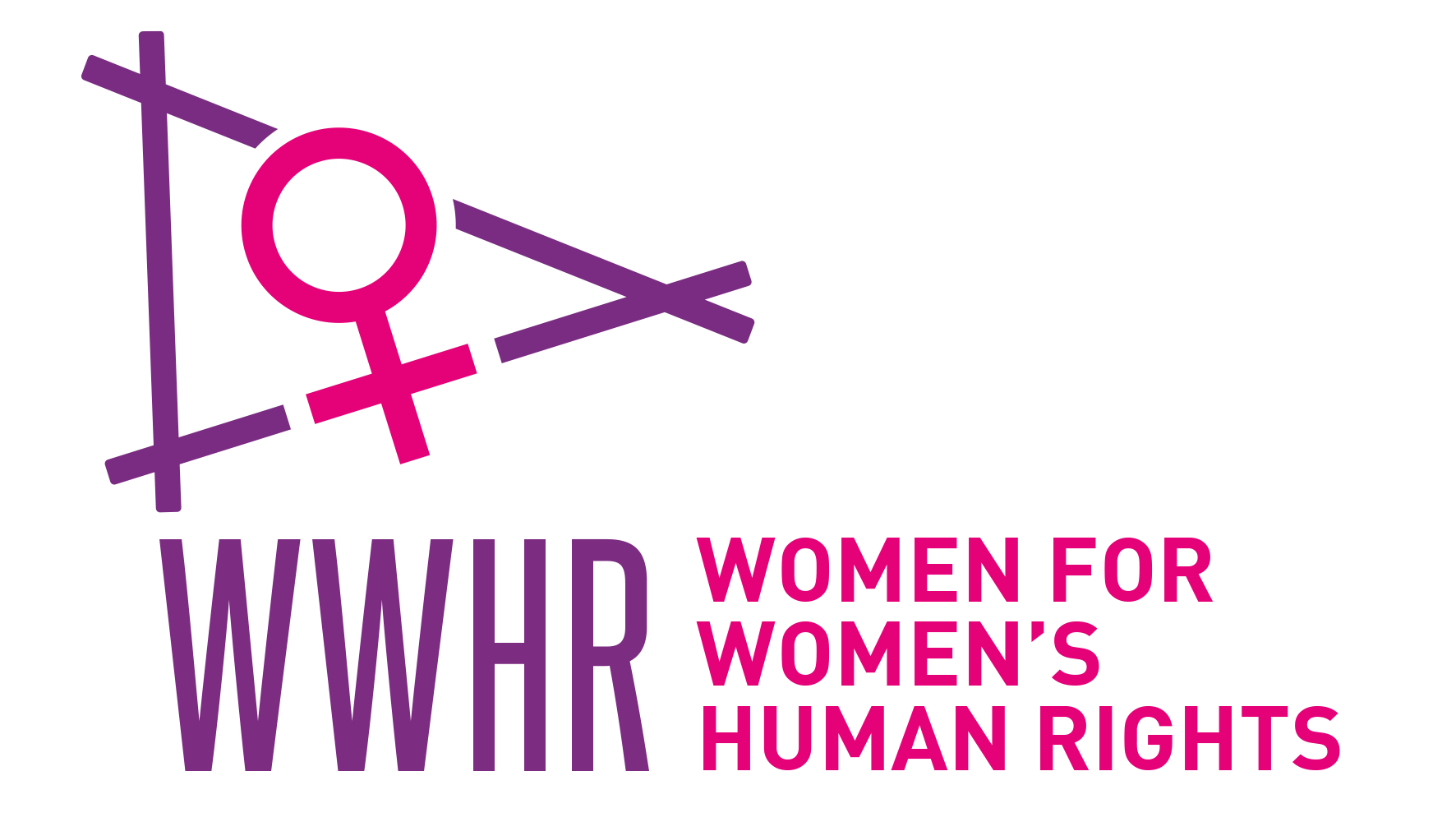Sexual Rights in Muslim Societies / Müslüman Toplumlarda Cinsel Haklar (2019, Turkish) Liz Erçevik Amado, Pınar İlkkaracan, Şehnaz Kıymaz Bahçeci…
Read More
The Purple Economy Complimenting the Green: Towards Sustainable Economies, Caring Societies (2016, English) İpek İlkkaracan The Purple Economy Complimenting the Green:…
Read More
Sexuality and Sexual Rights in Muslim Societies (2009, English) Liz Erçevik Amado Development Vol.52, No.1, 2009, p.59-63
Read More
İnsan Hakları Evrensel Beyannamesi ve Neo Liberal Ekonomi Politikaları – Mutlu Bir İzdivaç Mümkün mü? (The Universal Declaration of Human…
Read More
Re/forming the Penal Code in Turkey from a Gender Perspective: The Case of a Successful Campaign (2007, English) This study…
Read More
How Adultery Almost Derailed Turkey’s Aspiration to Join the European Union? (2007, English) This article has been published in the…
Read More
Advocating Sexual Rights: The Campaign for the Reform of the Turkish Penal Code (2007, English) Taboos reinforced by the rise…
Read More
Promoting Sexual Rights through Human Rights Education: Experiences at Grassroots in Turkey (2006, English) This article conveys the experiences of women…
Read More
Gender, Sexuality and Criminal Laws in the Middle East and North Africa (2005, English) The article is based on a comparative…
Read More
Human Rights Education as a Tool of Grassroots Organizing and Social Transformation: A Case Study from Turkey (2005, English ) This…
Read More
The Human Rights Education Program for Women (HREP): Utilizing State Resources to Promote Women’s Human Rights in Turkey (2005, English – 2009, Turkish)…
Read More
The “Natasha” Experience: Migrant Sex Workers from the Former Soviet Union and Eastern Europe in Turkey (2002, English) For women who…
Read More


